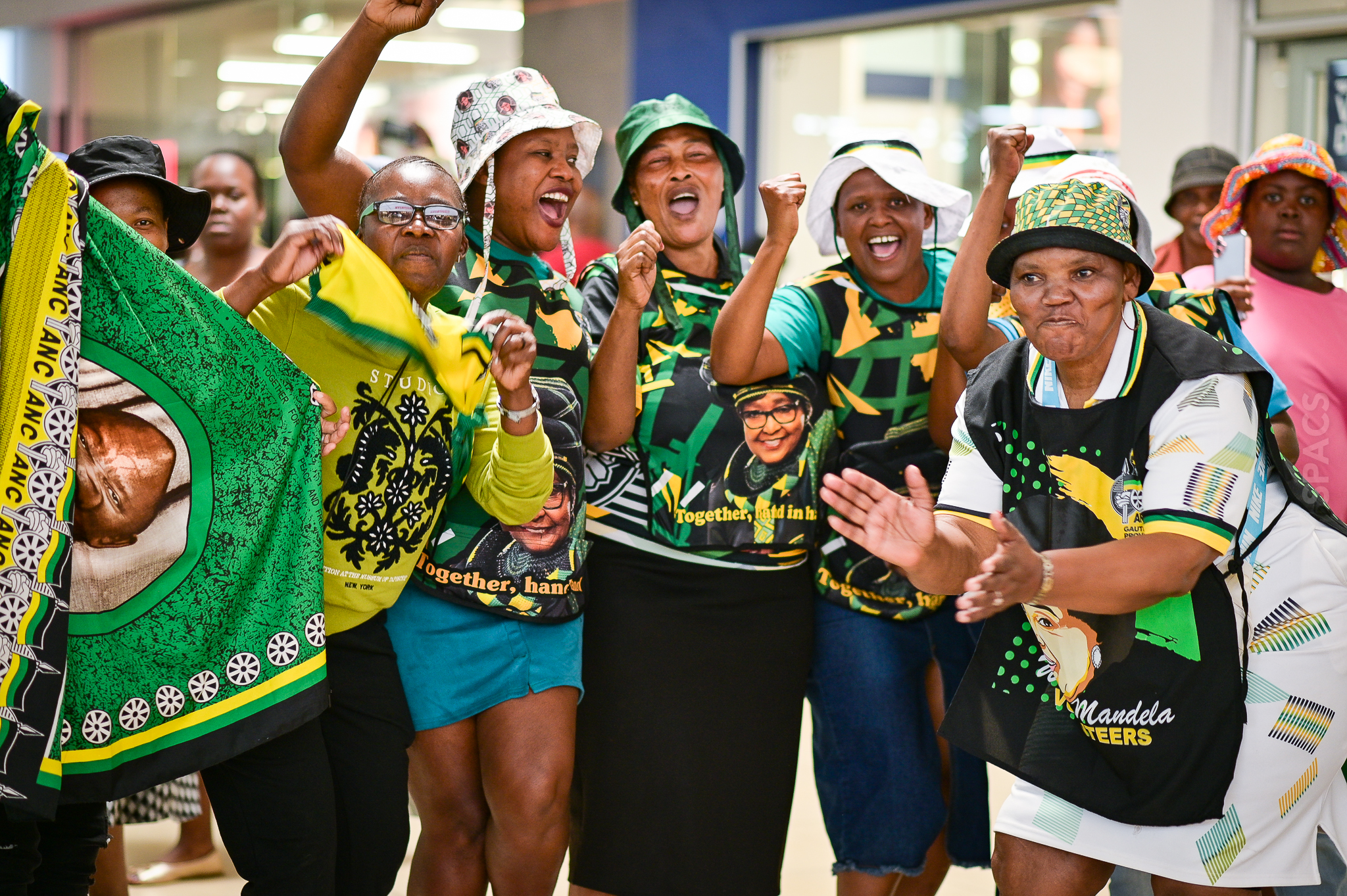Using AI for Effective Political Campaigns in Africa
The current political landscape in Africa is highly competitive, making it essential for political parties to leverage emerging technologies to gain an edge during their campaigns.
Read MoreBy Prof. Kwame Asante • June 02 2023

Political party organization serves as the backbone of successful electoral campaigns across Africa. In a continent characterized by diverse political landscapes, varying levels of democratic maturation, and complex socio-economic challenges, well-organized political parties possess significant advantages in mobilizing voters, managing resources, and implementing effective campaign strategies.
Hierarchical Structure: Successful African political parties establish clear organizational hierarchies from national headquarters to local branch offices, ensuring effective communication and coordination across all levels of the organization.
Membership Development: Building robust membership bases provides parties with dedicated volunteers, financial resources, and grassroots networks essential for campaign mobilization and voter outreach efforts.
Leadership Development: Investing in leadership training and capacity building ensures parties can effectively manage campaigns, govern competently, and maintain organizational continuity across electoral cycles.
Community Networks: Well-organized parties develop extensive networks within communities, utilizing local leaders, traditional authorities, and respected community members to build trust and credibility among voters.
Youth and Women Engagement: Successful parties prioritize the inclusion and active participation of youth and women, recognizing their growing political influence and capacity for grassroots mobilization.
Volunteer Coordination: Effective party organization enables the recruitment, training, and coordination of thousands of volunteers necessary for door-to-door campaigning, voter registration drives, and election day activities.
Financial Management: Organized parties implement transparent financial systems that enable effective fundraising, budget allocation, and expenditure tracking throughout campaign periods.
Logistical Coordination: Strong organizational structures facilitate the complex logistics of African campaigns, including transportation, communication systems, and material distribution across vast geographic areas.
Media and Communications: Well-organized parties develop sophisticated communication strategies, manage media relations effectively, and coordinate messaging across multiple platforms and languages.
Voter Database Management: Organized parties maintain comprehensive voter databases, enabling targeted outreach, personalized messaging, and efficient resource allocation to maximize electoral impact.
Opposition Research and Analysis: Strong party organizations conduct thorough research on opponents, policy issues, and electoral dynamics, providing strategic advantages in campaign planning and execution.
Coalition Building: Effective party organization facilitates the development of strategic alliances and coalitions with other political actors, civil society organizations, and influential stakeholders.
The evidence across successful African political campaigns demonstrates that robust party organization serves as a fundamental determinant of electoral success. As African democracies continue to mature and electoral competition intensifies, political parties that invest in organizational development, grassroots mobilization, and institutional capacity building will be better positioned to achieve their political objectives and serve their constituents effectively.